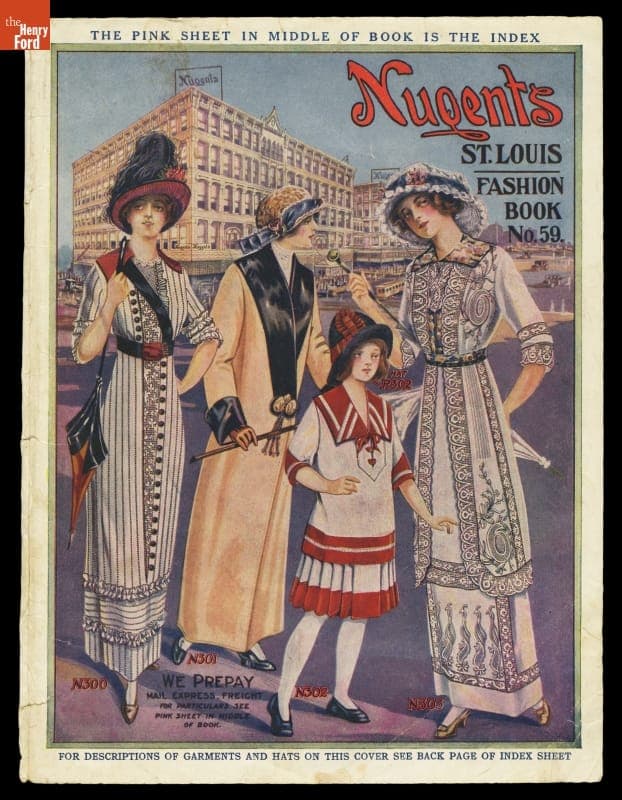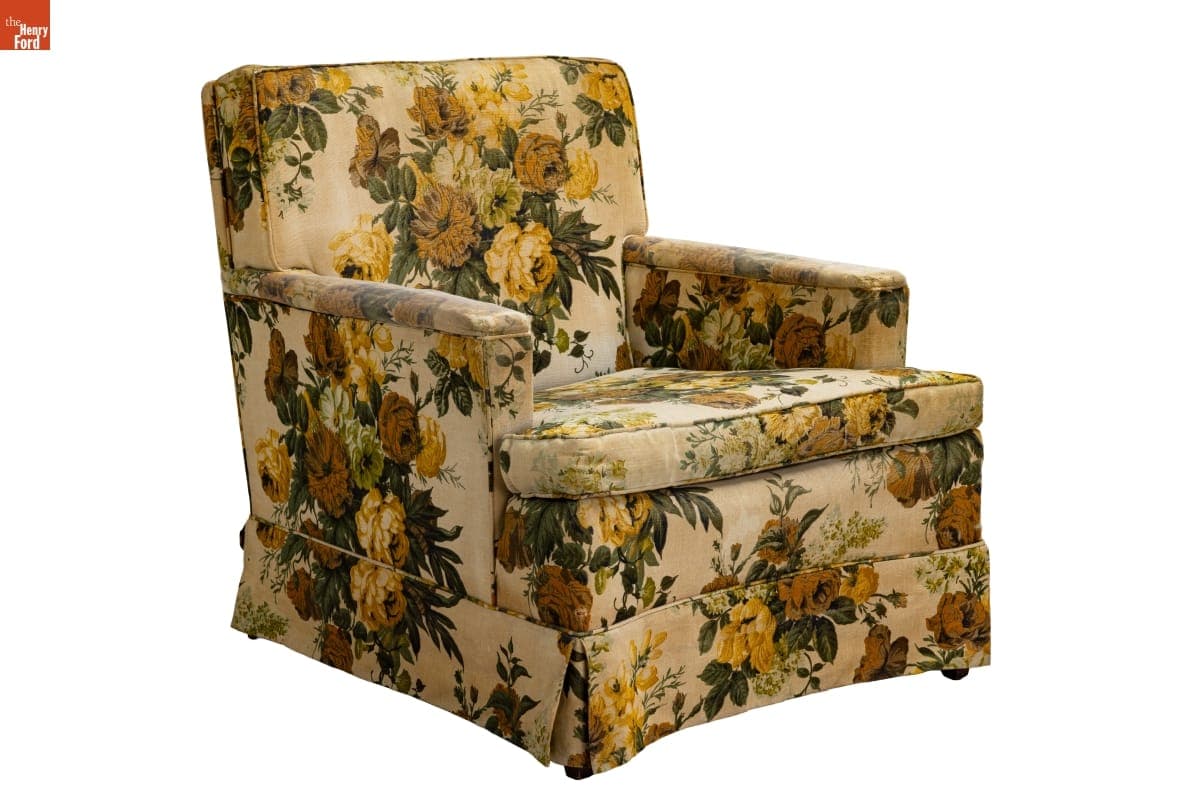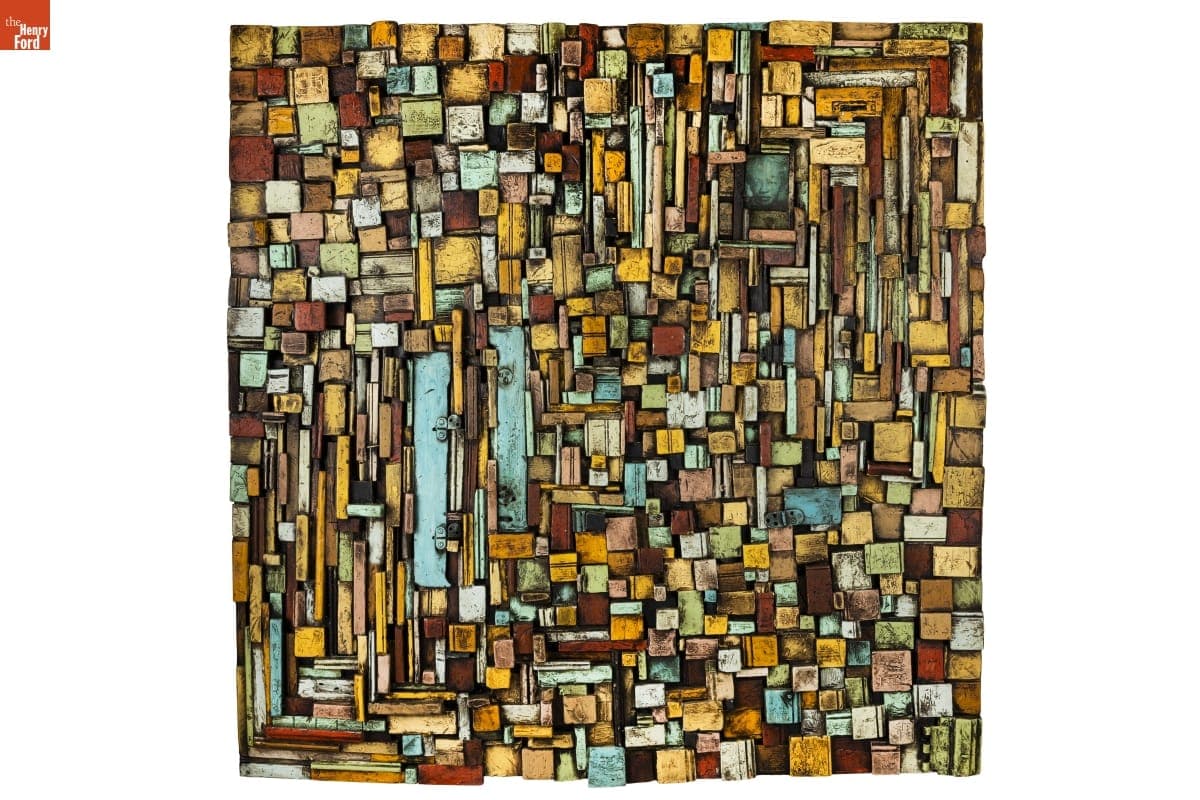Curated Sets
The experts at The Henry Ford have carefully created these curated sets. Explore a specific topic or theme, drawn from our vast collections.
01
Explore Our Curated Sets
 Curated sets
Curated sets"An Industrial Epic:" Ford Motor Company's Institutional Message Advertising Campaign
- 23 Artifacts
In 1924-25, Ford Motor Company ran a series of sixteen dramatic advertisements in the Saturday Evening Post and Country Gentleman magazines. More in the vein of public relations statements than advertising, the campaign was designed to increase public awareness of the company's wide-ranging activities and explain its overall mission, rather than promote the Model T specifically. Curated sets
Curated sets"Creepy" Artifacts
- 10 Artifacts
The artifacts in the collections of The Henry Ford all hold deep historical value. To modern viewers, though, some of them can be a bit... eerie. In this set, members of our staff nominate the artifact in our collections that gives them the chills, and explain their choice. Curated sets
Curated sets"How Long?": Revisiting Dr. Martin Luther King Jr. and His Legacy
- 19 Artifacts
The life and accomplishments of Dr. Martin Luther King Jr. are often hidden behind the replaying of a few memorable lines from his "I Have a Dream" speech. In fact, Dr. King's real story--from unknown Baptist minister to American civil rights leader to international human rights spokesperson--is deeper, more subtle, and more complex. Curated sets
Curated sets"One Giant Leap for Mankind": Remembering the First Manned Moon Landing
- 18 Artifacts
Three weeks after astronaut Alan Shepard became the first American in space on May 5, 1961, President Kennedy laid out a bold vision that America should commit itself to landing a man on the moon "before the decade is out." Many missions followed until, on July 20, 1969--just six months before the end of the decade--American astronauts Neil Armstrong and Edwin A. "Buzz" Aldrin Jr. became the first humans to set foot on the moon. Curated sets
Curated sets#1 Cars
- 9 Artifacts
Every automobile nameplate starts somewhere. Each car here is the first of its type. Curated sets
Curated sets1913 Herschell-Spillman Carousel
- 11 Artifacts
Combining steam engine knowhow with shop production methods, the Herschell-Spillman Company became one of the most popular and successful American carousel manufacturers of the early 20th century. Herschell-Spillman carousels are known for their variety of carved wooden animals. The 1913 example operating in Greenfield Village features a colorful menagerie of “jumpers” and stationary animals, along with chariots and a lover’s tub. Curated sets
Curated sets20th Century Mainstream Glass
- 15 Artifacts
By the beginning of the 20th century, mass production made glass products affordable to Americans, from containers for food products to kitchenware. Decorative glass objects, such as art glass and fancy serving pieces, still had a place in the American home, but glass was increasingly viewed as utilitarian. Curated sets
Curated sets20th-Century Jewelry: Innovation in Design and Materials
- 9 Artifacts
People have adorned their bodies and clothing with jewelry for thousands of years. This group examines popular 20th-century jewelry, which emphasized style, affordability, and innovation in materials.






